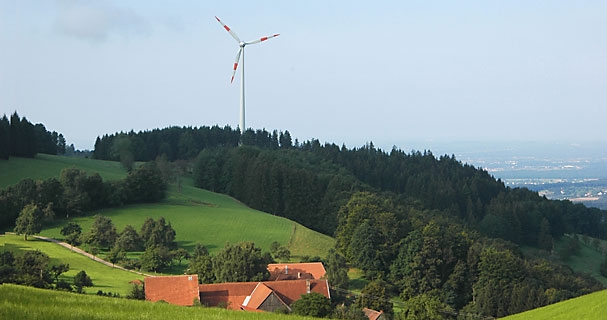While nations of the European Union are cutting down on spending and rolling back their budgets, the Obama administration is doing the very opposite, and pursuing renewable energy, despite the budget problems facing the US. Barack Obama told reporters yesterday that he will hand out up to 2 billion dollars in grants for the development of clean energy projects, including the construction of one of the largest solar power plants, which will provide energy to 70,000 homes and 1600 jobs. The measure is part of a broader effort that the President says is part of the economic recovery. “We’re fighting to speed up this recovery and keep the economy growing by all means possible,” he said. “It’s going to take months, even years to dig our way out.”
At the same time, European nations highly riddled with debt are increasingly cutting back from the use of alternative power due to the high maintenance. The government of Spain announced that it had reached an agreement to slash subsidies for wind and solar power producers up to 35% starting from 2013. But Spain is not the only nation to feel this trend. Cash-strapped Italy considered scrapping their alternative energy program as a whole, while the Czech Republic and Slovakia are planning large scale cuts to their energy programs. While the US is hoping that deficit spending on renewables will stimulate the ailing economy, European nations are increasingly cutting their programs out of fear of another uncontrollable Greek Crisis.

